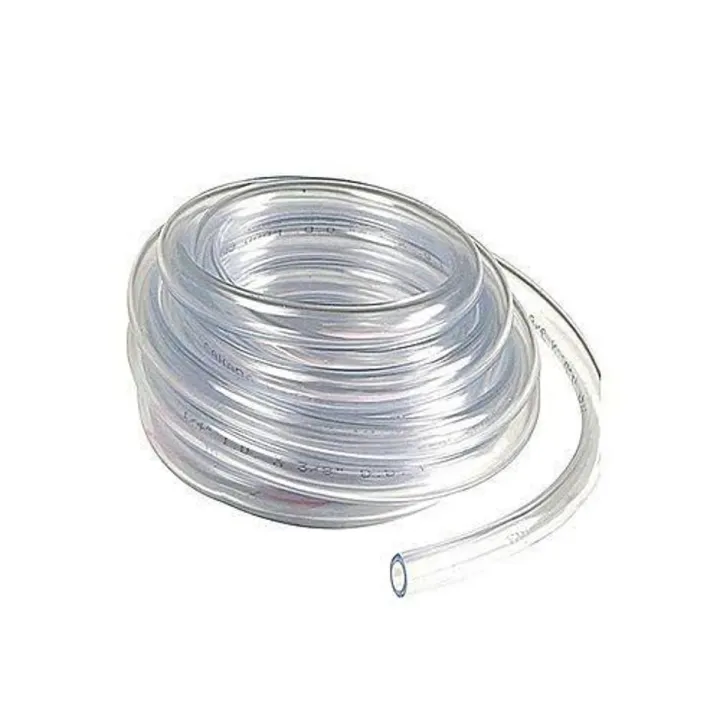PVC (Polyvinyl Chloride) pipe is a versatile and widely used type of plastic piping that is commonly used in various plumbing, drainage, and construction applications. PVC pipes are known for their durability, low cost, ease of installation, and resistance to corrosion and chemicals.
Features:
- Material: Made from polyvinyl chloride, a type of plastic that is rigid yet flexible.
- Durability: Highly resistant to corrosion, chemical exposure, and physical damage.
- Lightweight: Easier to handle and install compared to metal pipes.
- Cost-Effective: Generally cheaper than other piping materials, making it a popular choice for many projects.
- Versatile: Available in a variety of sizes, shapes, and thicknesses to suit different applications.
- Applications: Commonly used for plumbing (water supply and drainage), irrigation systems, electrical conduit, sewage pipes, and in some cases, for venting purposes.
Types of PVC Pipes:
- Schedule 40: Standard thickness used for residential and commercial plumbing.
- Schedule 80: Thicker walls than Schedule 40, used for higher-pressure applications.
- CPVC (Chlorinated Polyvinyl Chloride): Similar to PVC but with added chlorine, making it suitable for hot water applications.
Applications:
- Residential and Commercial Plumbing: Used for water supply lines, drainage pipes, and vent systems.
- Irrigation Systems: Common in agricultural settings for water distribution.
- Electrical Conduit: Protects electrical wiring in buildings.
- Industrial Uses: Chemical processing, ventilation ducts, and other specialized applications.



Reviews
There are no reviews yet.